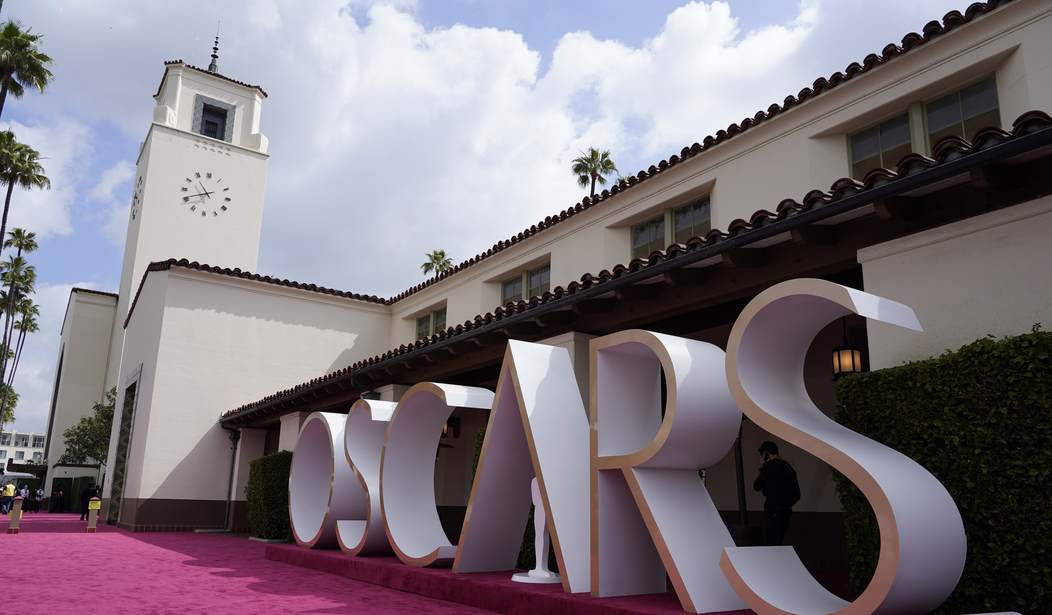The Writers Guild of America, representing scriptwriters in Hollywood, is sending its members to the picket line starting today, declaring that its members are facing an “existential crisis” in terms of wages and job opportunities. This has happened before and it always seems to be worked out eventually. (The last Writers Guild strike lasted 100 days.) But perhaps this time it’s going to be different. Emerging technologies have significantly changed the way the entertainment industry operates, including how it is monetized. And as with almost everything else in the world this year, the advent of Artificial Intelligence may further erode the traditional Hollywood operating model. A friend of mine who is an officer in the Guild described the move as “pencils down” this week. (Associated Press)
Television and movie writers declared late Monday that they will launch an industrywide strike for the first time in 15 years, as Hollywood girded for a walkout with potentially widespread ramifications in a fight over fair pay in the streaming era.
The Writers Guild of America said that its 11,500 unionized screenwriters will head to the picket lines on Tuesday. Negotiations between studios and the writers, which began in March, failed to reach a new contract before the writers’ current deal expired just after midnight, at 12:01 a.m. PST Tuesday. All script writing is to immediately cease, the guild informed its members.
The board of directors for the WGA, which includes both a West and an East branch, voted unanimously to call for a strike, effective at the stroke of midnight. Writers, they said, are facing an “existential crisis.”
The immediate impact of the strike will almost certainly hit the late-night shows first. Most of the hosts such as Jimmy Kimmel are also guild members and they told reporters that their shows will likely “go dark” in support of the union. Regular scripted series like The Big Bang Theory tend to film their seasons in advance, so the networks should be able to continue running them for the time being.
One of the biggest culprits being blamed for the union’s woes is the advent of streaming services. The writers say that the need to accommodate streaming services on the fly has created a “gig economy” among writers, where most members have been forced into a sort of “freelance” profession without guaranteed salaries. But that just seems to be a sign of the times. The internet has diversified how entertainment is delivered and production companies have had to adjust their business models to cope.
And then there is the question of Artificial Intelligence. The union claims that production companies are “stonewalling on free work for screenwriters and on AI for all writers.” When you consider the fact that ChatGPT exists almost entirely to generate text, humans who generate text for a living (writers) were going to be seeing some competition. And ChatGPT works for free.
So is the chatbot actually good enough to replace the imagination and creativity of human writers? Not yet. And the large language models don’t actually create anything “original.” They simply remix existing text that was created by people. If the production companies were still employing the same number of writers while allowing them to use AI to generate scripts that could later be refined by human authors, perhaps a compromise could be reached. But eventually, the technology will be good enough to generate scripts where the audience would be hard-pressed to tell the difference. So what happens then?
Not everyone seems to see the danger looming on the horizon. A Boston Globe op-ed from Congressman Ro Khanna this week calls for the “democratization” of AI so everyone can have tech jobs. The title he chose for the article was “Prepare for the AI revolution.” But what if the “revolution” is conducted by the technology and not its supposed human masters? With that in mind, perhaps the Writers Guild is just the canary in the coal mine. AI could increasingly lead to scenarios where a lot more work can be done by far fewer people who are directing and editing ChatGPT’s output. But what happens to the careers of all of the people that AI replaces? Perhaps we’re about to find out.








Join the conversation as a VIP Member